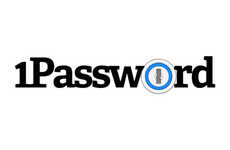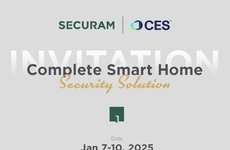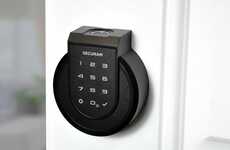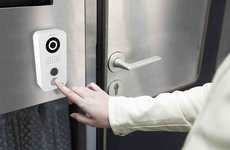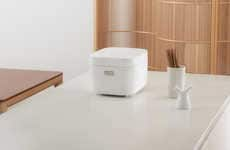
This Secure Home Concept Protects Data Stored on IoT Devices
Laura McQuarrie — December 15, 2015 — Art & Design
Many companies are moving towards forgoing passwords in favor of more up-to-date methods of authentication, but the National Institute for Standards and Technology (NIST) is taking this movement further by envisioning a password-free secure home.
NIST awarded Tozny a $1.86 million grant for a smart home proposal that will protect valuable consumer data in the age of the Internet of Things. Considering that many smart devices like appliances now store significant amounts of personal data, this smart home will be developed to address security in the modern age.
In addition to providing protection from threats to IoT devices, the proposal also addresses "password fatigue," which would do away with the need for homeowners to remember complicated codes in order to get into their own security systems.
On the National Strategy for Trusted Identities in Cyberspace pilot project, Tozny founder Isaac Potoczny-Jones envisions that people will also be able to "prove that they’ve purchased transit tickets just by walking to their bus."
NIST awarded Tozny a $1.86 million grant for a smart home proposal that will protect valuable consumer data in the age of the Internet of Things. Considering that many smart devices like appliances now store significant amounts of personal data, this smart home will be developed to address security in the modern age.
In addition to providing protection from threats to IoT devices, the proposal also addresses "password fatigue," which would do away with the need for homeowners to remember complicated codes in order to get into their own security systems.
On the National Strategy for Trusted Identities in Cyberspace pilot project, Tozny founder Isaac Potoczny-Jones envisions that people will also be able to "prove that they’ve purchased transit tickets just by walking to their bus."
Trend Themes
1. Password-free Authentication - Disruptive innovation opportunity: Develop secure authentication methods that eliminate the need for passwords.
2. Iot Device Security - Disruptive innovation opportunity: Create innovative solutions to protect personal data stored on IoT devices.
3. Simplifying Authentication Process - Disruptive innovation opportunity: Streamline the authentication process by eliminating the need for complicated codes.
Industry Implications
1. Cybersecurity - Disruptive innovation opportunity: Develop advanced cybersecurity solutions for protecting smart homes and IoT devices.
2. Home Automation - Disruptive innovation opportunity: Implement passwordless authentication technologies in home automation systems.
3. Transportation - Disruptive innovation opportunity: Integrate authentication methods that allow users to prove their ticket purchases seamlessly.
2.3
Score
Popularity
Activity
Freshness


